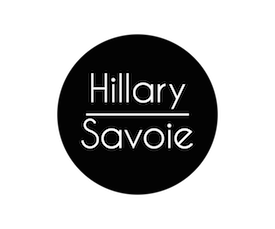The other day as we drove back from New Brunswick I found myself meditating on the idea of hope. I kept thinking about how hope can be understood as a naïve expectation that thing will just be fine, even in denial of the facts.
I think this is a misunderstanding of what hope is.
In my experience, hope takes work. It is the opposite of naïveté…it is an acceptance of the facts and a choice to be hopeful anyway. And sometimes it means making your hope accommodate reality. I hope Esmé will walk. I hope Esmé will talk. I hope Esmé will eat by mouth…and we constantly work on ways to assure that these remain options for her. But doing the really hard work toward continuing to have these options means acknowledging and accepting that, in fact, someday they may also not be options.
Otherwise, why would we be working on them so hard?
So, when people ask me if Esmé will do something or not and I say “She may not, but I don’t know” that is my hope speaking…If I said “Of course” it would be a lie, and it might excuse giving in when things got harder…or pushing her too hard and loosing ground.
I truly believe that this approach to parenting and caring for Esmé has secured for her a level of development, health, and happiness that was seemingly impossible a year or two ago. But, this was done incrementally, the result of hard work and trade-offs that probably look like very conservative choices from the outside…preventative choices to not push her when she is overwhelmed…and to recognize when that is.
Our trip to New Brunswick last week was a calculated risk. She spent hours in the car, was exposed to a wide range of new sensory experiences, traveled across an international border from doctors that know her case. We weighed each of these risks and felt that, with the proper preparation, the benefits finally out-weighed the risks. And we were right, the benefits of this trip–meeting family and friends, experiencing new places, being on an adventure with her family–did make up for the challenges we faced: poor sleep, frustration, fatigue, fevers, etc.

